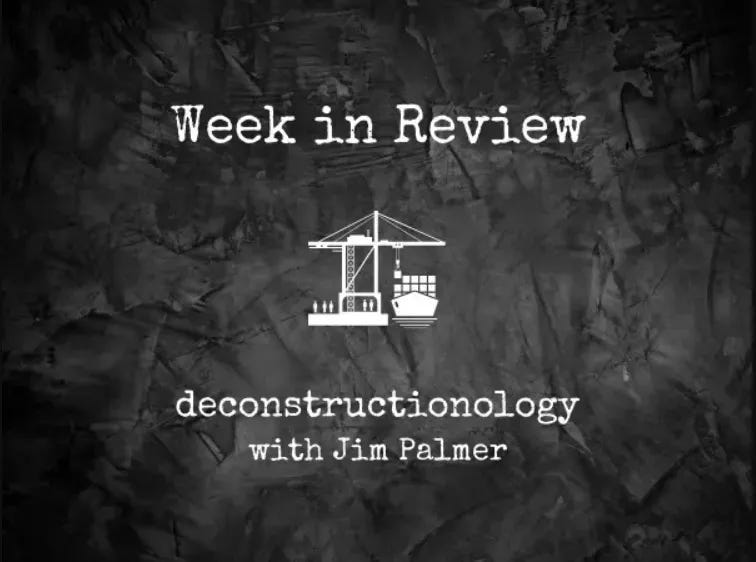Week in Review (Dec 23-28)
Deconstructing Batman, Psychology of God, Purity Culture Epic Fails, Leaving Religion Toolbelt, and Farewell to a Process Theology Pioneer
Had I not chosen my current professional path, I might have pursued criminology and criminal psychology. For a season of my life I traveled the world doing investigative work with an international human rights agency. We particularly worked cases of forced child prostitution and child slave labor. I posed as a “customer” in brothels to document those es…
Keep reading with a 7-day free trial
Subscribe to Deconstructionology with Jim Palmer to keep reading this post and get 7 days of free access to the full post archives.



